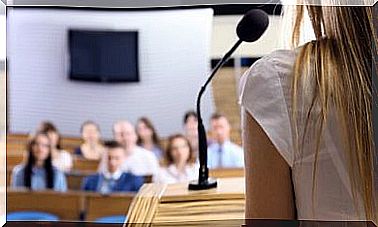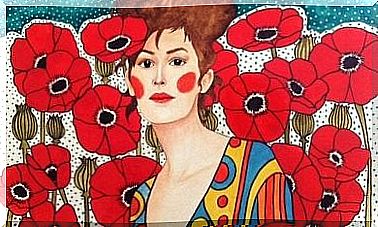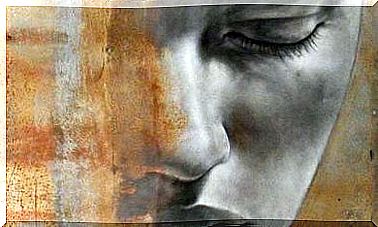When Standards You Don’t Know Are In Control

Standards are ideas. They are ideas that live in our minds and tell us what to do. They can also show us what is expected of us. In general, norms are ideas that are shared by everyone. All groups have standards and they are not harmless. They can have a lot of influence on how each member of the group feels, thinks and acts.
When group identity is important, group norms will guide the behavior of the members of that group. For example, you are walking down the street and you meet a homeless person who asks for money. Maybe you give him some, maybe not. However, if you are part of a charitable or religious group in which it is the norm to give, you probably will.
How standards are created
A group can explicitly decide what its norms are, an agreement between the members. They can also arise on their own due to the way people behave. When the other members imitate certain behaviors, they become group norms. Group members may imitate them because they have a specific purpose or because they help the group survive.
However, this is not the only way in which standards can be established. They can also develop in a much less democratic way. Sometimes, for example, it is the leader of the group who determines everything.
It may also be a prototypical member of the group that creates them inadvertently. This happens when a particularly representative member stands out by thinking, feeling, or acting differently. This leads to tension, which is resolved when the other members make that new behavior the norm.

The two types of standards that exist
There are two types of norms that can exist in a group: descriptive and prescriptive. Descriptive norms have to do with what group members do in a given situation.
If you don’t know what to do, you can look at the way other people behave. As a result, you may end up just imitating them. And if they support you after you imitate them, you will likely continue to do so. These kinds of norms arise when people imitate the most important members in the group.
Prescriptive norms have to do with what group members approve or disapprove of. These tell you what you can and cannot do. They are a kind of morals: they show you what is right and wrong. Groups motivate these norms through rewards and punishments. They punish anyone who doesn’t follow them and reward those who do.
The function of standards
Group norms have many different functions. On the one hand, they have individual functions, which affect each member of the group individually. Then there are the social functions that affect the group as a whole and all its members.
The most important individual function that a norm can have is to give you a certain world view. Group norms tell you how the world works and how you should think, feel and act in that world.
There are certain purposes worth mentioning when it comes to the social function of group norms. One is that they regulate the relationships between the group members. They tell you how to interact with everyone and how to behave. They also clarify the group’s functions and goals. Finally, they help to preserve group identity.

The black sheep effect
However, just like rules, standards are there to be broken. At least some. Group members always have the option of not adhering to it. When this happens, in most groups there are people who try to stop the other person. They usually do this by slandering the members who do not respect their standards.
The members who do respect the standards, on the other hand, often reach the top (as perfect prototypes).
We call this the black sheep effect. The purpose of defamation is to rid the group of group members who contribute negatively to the group’s social identity. Recently, two examples of this occurred in Spain.
While some Catalans fought for their independence, they did not live up to the standards. Some people (not everyone) with a national identity responded by defaming them. They put themselves on the side that wanted Spain to be a united country.
However, the opposite also happened: some Catalans with a strong Catalan identity slandered advocates of a united Spain. You only have to look at the news to see that this problem is still unresolved.









